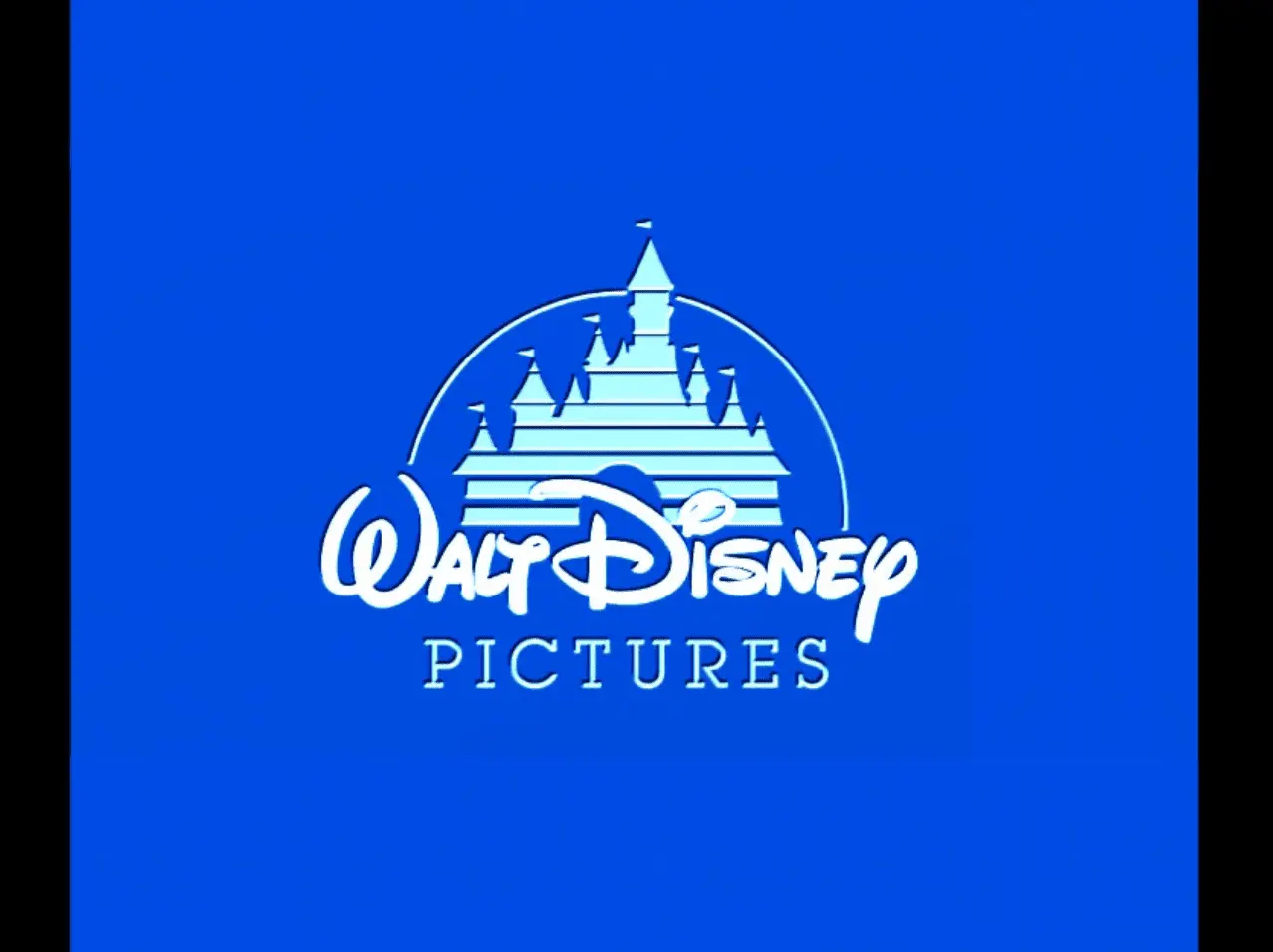
Top 30 Cartoon Characters That Were Villains
Our list rounds up the top 30 cartoon characters that were villains, each one more wonderfully wicked than the last.
Disney, Opinions
One could argue that the Disney shows of the 2010s were direct descendants of the early 2000s. Here are a few factors that set them apart.

It is arguable that the Disney shows of the 2010s were direct descendants of the early 2000s era.
Those films set the yardstick for character growth, emotional depth, and the signature blend of humour and heart that defines Disney.
So when the 2010s rolled in, Disney simply took what worked, refined it, and then pushed it further. The result? Shows that felt familiar yet fresh, carrying the same warmth and sincerity of the older films. Here are a few factors that set them apart.
The early 2000s had already shown Disney that kids and teens could handle more than adults often gave them credit for.
Those movies recognised that young audiences understood real emotions, highlighting messy friendships, imperfect families, and characters who didn’t have everything figured out.
By the 2010s, Disney built on that foundation. The shows explored identity, anxiety, pressure, and the confusing journey of self-discovery.
The storytelling grew sharper, humour matured, and characters felt relatable. The magic remained, but it was more grounded.
One of the best feats of the 2010s was how human the characters felt.

In Good Luck Charlie, the star factor was its appeal to both parents and kids, featuring a middle-class family with relatable experiences: new babies, sibling dynamics, distinct personalities, chores, school, and humour.
It was a welcome shift from the over-the-top material of the early 2000s. Additionally, Teddy’s video diaries created a warm, inclusive feeling for viewers.

Austin and Ally took a different direction by leaning into a romanticised version of teen crushes.
Austin was outgoing and popular. Ally was shy and anxious, content to stay in the background. Somehow, they worked together in a way that felt fresh, funny, and naive.
A progression flowed from creative partners to friends, crushes, to couples in a way that felt earned, akin to young, unassuming romance. And of course, the music was amazing.

ANT Farm fully leaned into the belief that every child is special.
The show centered on special children excelling in art, music, science, and technology, who took advanced lessons because of their genius.
In addition, characters like China Anne McClain brought charisma, humour, catchy musical talent to the show, as well as the iconic friendship trio.

Phineas and Ferb captured the animated, inventive adventures, catchy songs, and life lessons of early 2000s sauce, creating a true masterpiece.
Every episode made viewers wonder if Candace would finally be vindicated, but here, the metaphorical thief has 100 days.
It was prime entertainment watching Phineas and Ferb create yet another invention, Candace fail to bust them, the pet turn into a spy, and Phineas develop a crush.
Viewers also learned life lessons like “There’s always a way to make something amazing happen,” while vibing to songs “Gitchee Gitchee Goo” and “Busted.”
The comedy in Disney Shows of the 2010s ranged from glaring to more subtle.
In Good Luck Charlie, Amy Duncan stood out for her drama. Her brand reflects every mother who bristles when the obvious is pointed out.
A popular instance is when she would state, “I gave birth to you!” whenever she wanted one of her kids to obey.
She would often turn simple issues into lengthy emotional monologues, complete with the poses, dramatic pauses, and guilt-tripping.
Trish is an underrated character in Austin and Ally. She is the original job hopper. She would show up in a new uniform every episode because work is temporary, but mental health is forever.
Watching Austin and Ally handle situations proved very comical. Ally overthought auditions she prepared for, while Austin confidently winged them despite being clearly confused.
The Disney Shows of the 2010s didn’t try to replace the early 2000s. Instead, they honoured them. One could feel the influence in the warmth, humour, character development, and quiet emotional scenes.
However, the 2010s still maintained their own identity: funny but grounded, and comforting yet honest. The real beauty of this era was that it learned from the best and made that phase of our lives the most memorable.
Timiebi Anthony is a content writer specializing in food journalism, culture, and storytelling. She creates research-driven content across lifestyle, SEO, and creative writing, with a focus on clarity and audience connection. Currently pursuing an English degree, Timiebi blends academic insight with practical expertise to deliver compelling narratives.

Our list rounds up the top 30 cartoon characters that were villains, each one more wonderfully wicked than the last.

DC is great at making comics and animated movies, while the MCU has the upper hand in its cinematic aspects

Discover the best apps to read books for free in 2025. Access thousands of free e-books and audiobooks on your phone or tablet. ...

There are some outright funny cartoon characters who exist solely to crack you up, loud, hard, and with zero apology.

Things Fall Apart is for the colonizers as well as the colonized, helping to understand the role of colonialism in the realization...

While many of the Nollywood movies on our list are quite old, it’s a testament to the capabilities of the industry’s p...

While this isn’t an exhaustive list, it comprises some of the most popular mythical creatures from around the world.